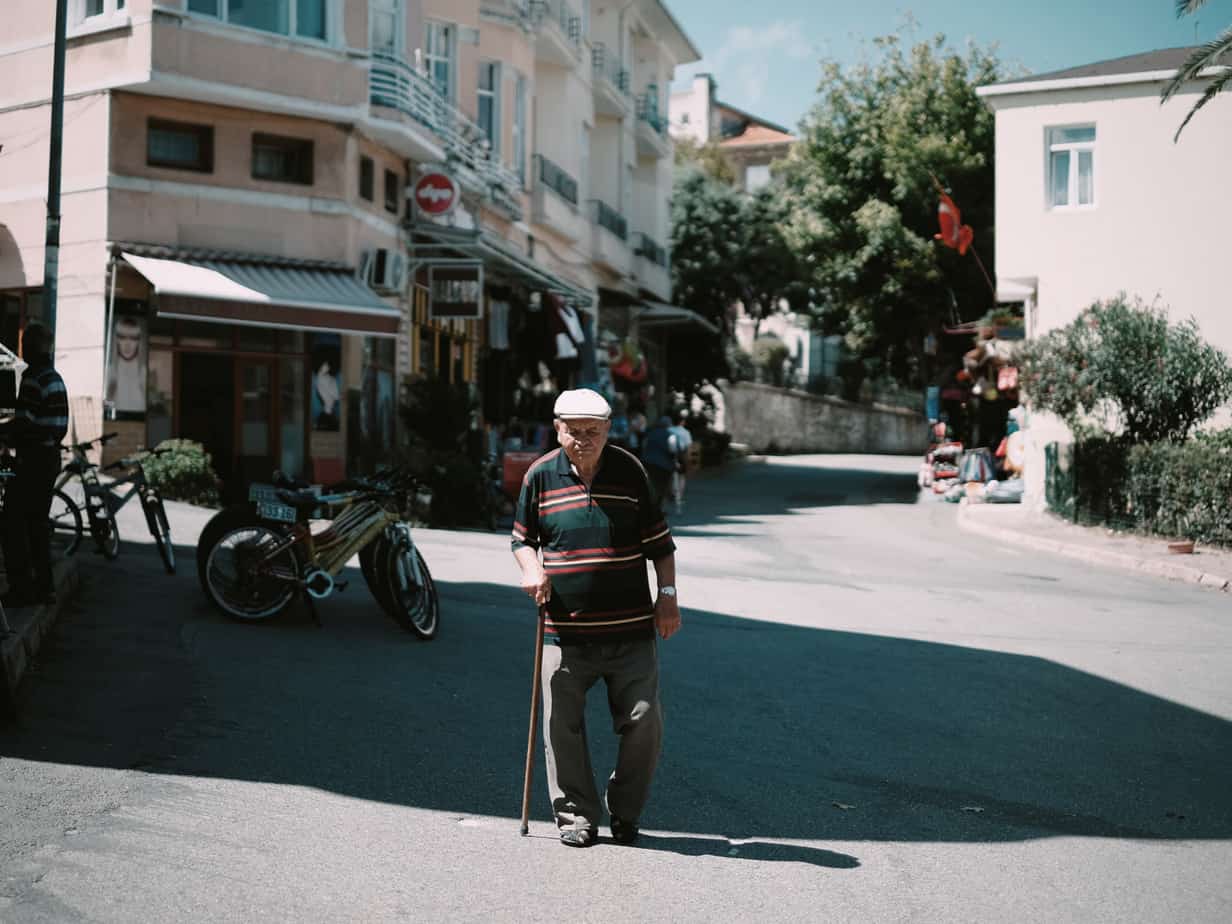
"Every 11 seconds in the U.S., an older adult ends up in an emergency room due to a fall, according to Consumer Reports. 'It’s the leading cause of accidental death in the elderly,' says Cathleen Colón-Emeric, M.D., chief of geriatrics at the Duke University School of Medicine. Falls can result in a variety of injuries, including hip fractures and head trauma, which can have lasting consequences."
“'There’s such a high risk of dying in the first year after a hip fracture,' says Leah Witt, M.D., a geriatrician and pulmonologist who’s an assistant professor of medicine at the University of California, San Francisco. 'Plus, people often aren’t able to function as well and aren’t as independent as they were before the fall.'”
"Older adults are also at a higher traumatic brain injury (TBI) risk because the brain shrinks with age, leaving more room for it to move about in the skull during falls. Blood vessels are also more fragile and easily injured. 'A very innocuous fall or jolt could lead to a subdural hematoma or concussion,' says Bell."
"Here are tips to keep your balance."
"Watch for Med Side Effects: Some prescription and over-the-counter (OTC) meds can affect balance. For instance, diuretics may lower blood pressure too much and lead to dizziness on standing. Some allergy drugs, may cause dizziness and sleepiness. Drugs can also interact with each other. 'Dizziness is a common interaction that can increase the risk of falls,' says Shelley Bhattacharya, D.O., a geriatrician at the University of Kansas Medical Center’s Landon Center on Aging. Some meds can cause dehydration, which can also increase the risk of falling when you stand up, she says. At least once a year, review your meds (OTC drugs, alternative products, and supplements) with your doctor."
You may not have guessed it, but Seniors know their way around the internet more than you may think. According to AudienceSCAN, within the last month, 53.1% of Seniors used a search engine to research a product they were considering. So, they may not even feel the need to visit a doctor to discuss information about their medications, or new and better meds, they can find online. Google is the preferred search engine of 78.3% of this audience, but only 13.2% will go past the first page of search results.
"Keep Your Senses Sharp: Eyesight naturally changes with age, and problems like macular degeneration, glaucoma, and cataracts become more common, says Bhattacharya, which can make it more difficult to see shifts in terrain and other stumbling blocks. Hearing loss, too, has been linked to an increased risk of falling. See your eye doctor every year or two (more often if you have a vision condition). Have your ears checked at least every three years starting at age 50, or earlier if you’re having trouble hearing."
"Declutter and Repair the Home: Rugs, clutter, steps, cracked driveways and sidewalks, poor lighting, slick surfaces; all can contribute to tumbles."
"Strengthen Key Muscles: Exercises that enhance gluteal, leg, and core strength help with balance, says Colón-Emeric. 'These muscles make it easier to catch yourself before you fall and make it easier to get out of bed, lift yourself off the toilet, or get out of the car.' If you don’t feel comfortable exercising on your own, ask your doctor about physical therapists."
"Skip the Fancy Footwear: If you struggle with balance, choose shoes with sturdy, nonskid soles that fit snugly enough so they’re not sliding around underneath you. If you’re unsteady, heels aren’t a good idea, nor are those hot-weather favorites, flip-flops. They offer zero support, catch on rugs, often have little grip on slick surfaces, and slip off easily."
So, how can doctors, as well as retailers of fall-preventing products, best advertise their services to Seniors? According to AudienceSCAN, Seniors get most of their local news from the TV (55%), newspapers (24.6%) and radio (5.2%). There, they also saw or heard ads that lead them to take action, with TV commercials motivating 50.7% of Seniors last year, both digital and print newspapers influencing 41.7% and over-the-air and digital radio ads swaying 23.4%). Digital ads are also effective. Last year, Seniors also took action after receiving email ads (36.2%), seeing ads on daily deals websites (29.4%) and 19.5% clicked on text link ads on websites.
AudienceSCAN data is available for your applications and dashboards through the SalesFuel API. Media companies and agencies can access AudienceSCAN data through the AudienceSCAN Reports in AdMall.
